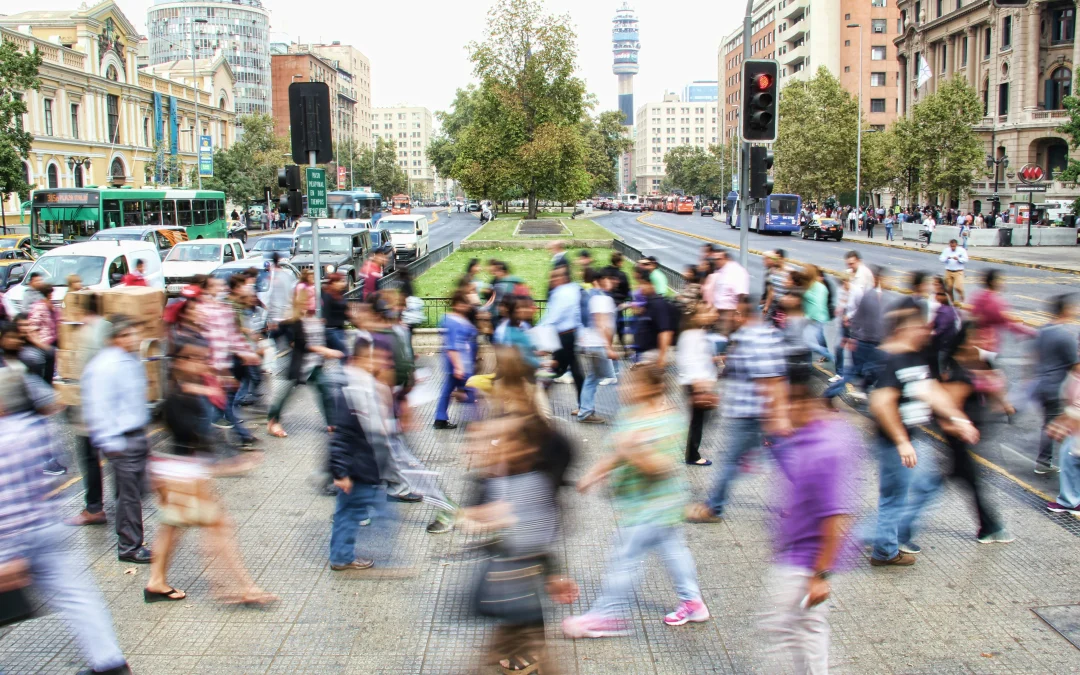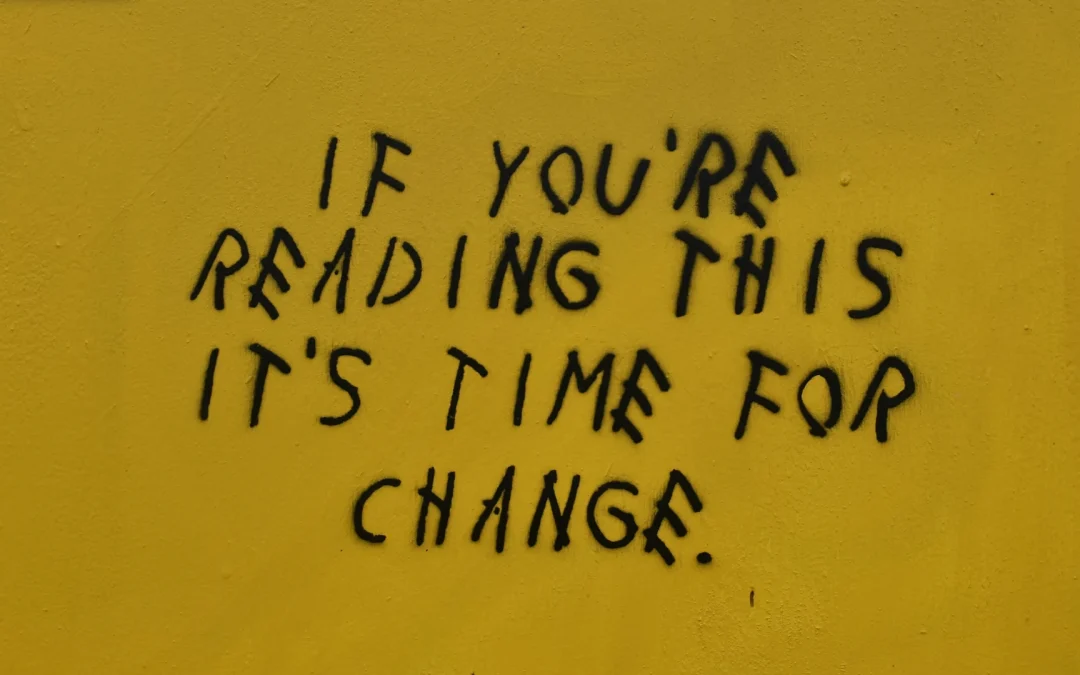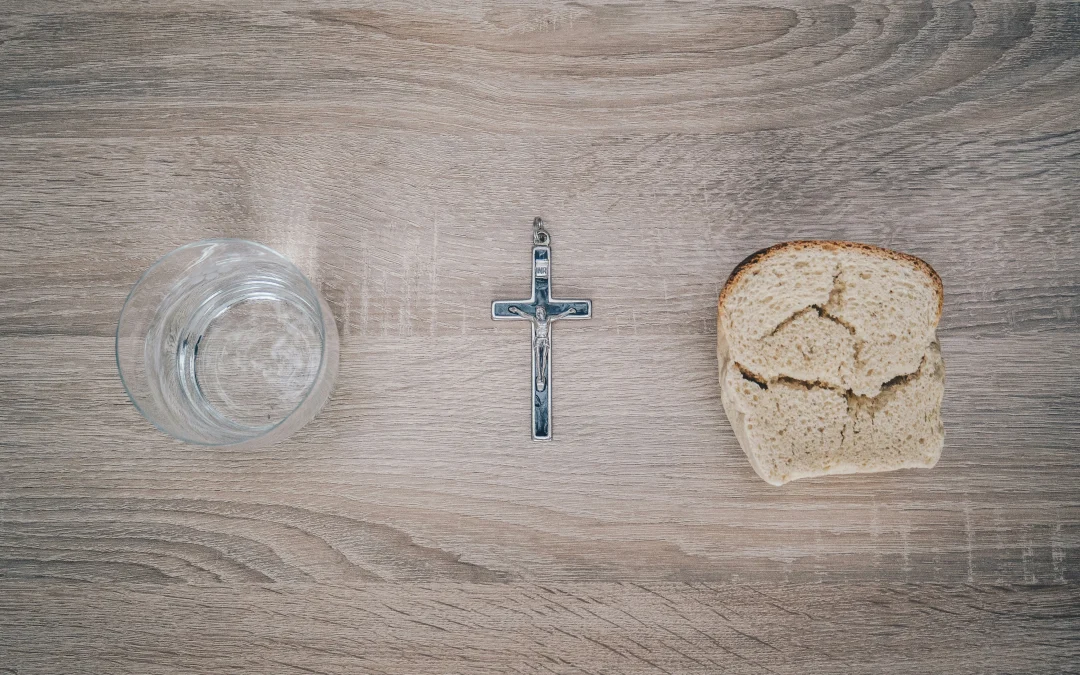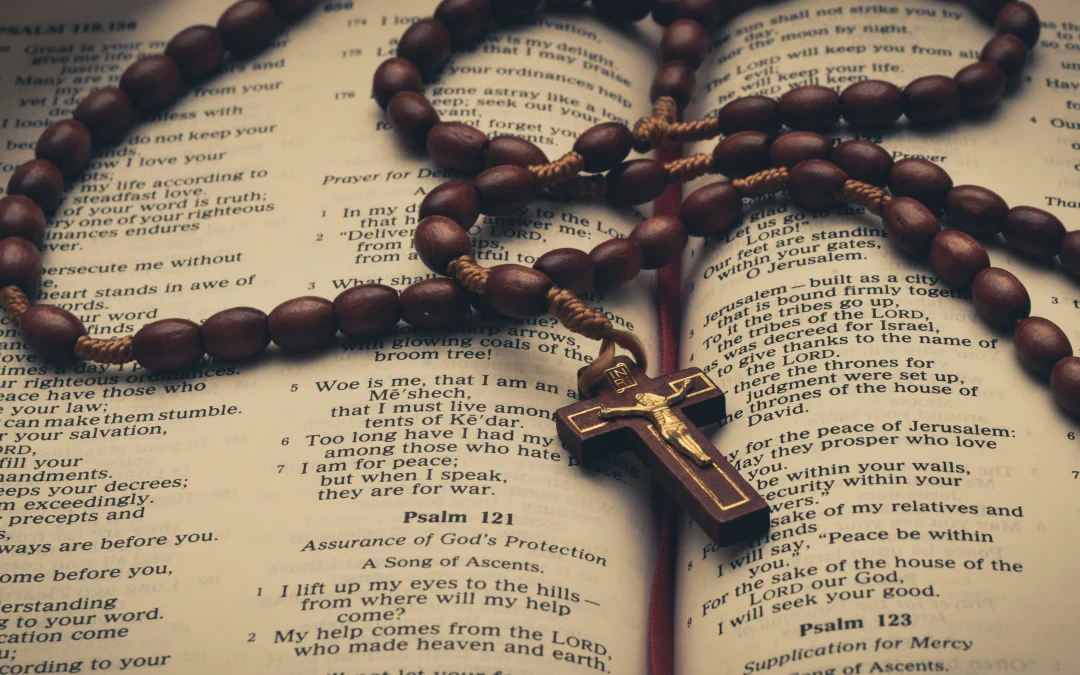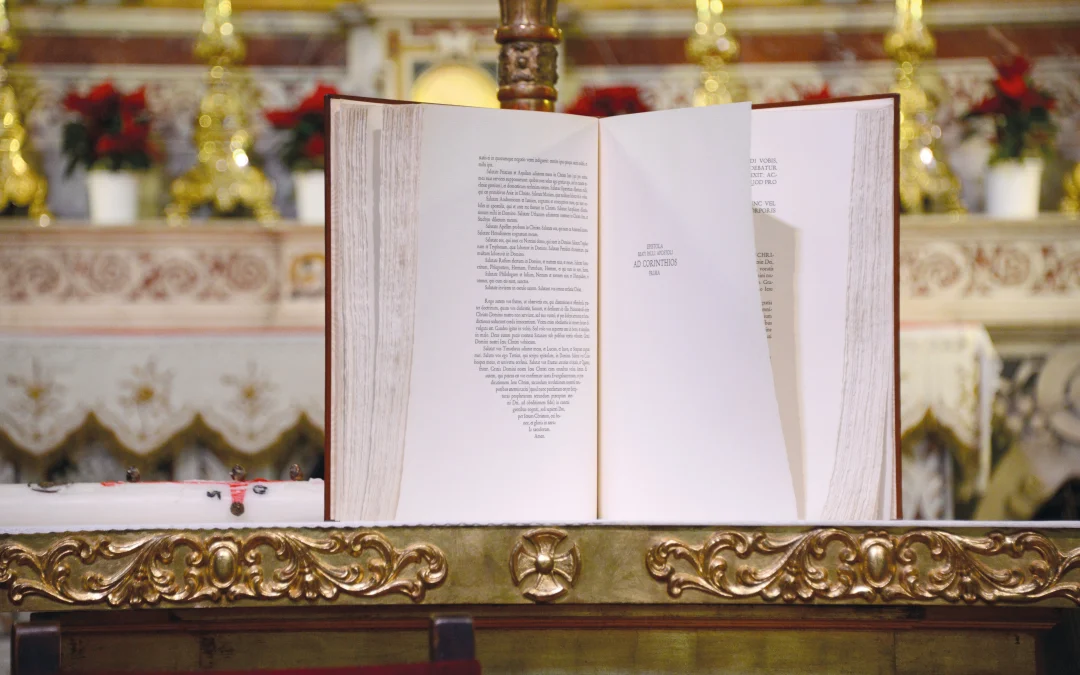There was a scholar of the law who stood up to test Jesus and said,
“Teacher, what must I do to inherit eternal life?”
Jesus said to him, “What is written in the law?
How do you read it?”
He said in reply,
“You shall love the Lord, your God,
with all your heart,
with all your being,
with all your strength,
and with all your mind,
and your neighbor as yourself.”
He replied to him, “You have answered correctly;
do this and you will live.”But because he wished to justify himself, he said to Jesus,
“And who is my neighbor?”
Jesus replied,
“A man fell victim to robbers
as he went down from Jerusalem to Jericho.
They stripped and beat him and went off leaving him half-dead.
A priest happened to be going down that road,
but when he saw him, he passed by on the opposite side.
Likewise a Levite came to the place,
and when he saw him, he passed by on the opposite side.
But a Samaritan traveler who came upon him
was moved with compassion at the sight.
He approached the victim,
poured oil and wine over his wounds and bandaged them.
Then he lifted him up on his own animal,
took him to an inn, and cared for him.
The next day he took out two silver coins
and gave them to the innkeeper with the instruction,
‘Take care of him.
If you spend more than what I have given you,
I shall repay you on my way back.’
Which of these three, in your opinion,
was neighbor to the robbers’ victim?”
He answered, “The one who treated him with mercy.”
Jesus said to him, “Go and do likewise.”
What We Must Do
We are to love God and our neighbor with all the strength of our being, as the scholar of the law answers Jesus in this week’s Gospel. This command is nothing remote or mysterious—it’s already written in our hearts; “you have only to carry it out,” Moses says in this week’s First Reading.
Jesus tells His interrogator the same thing: “Do this and you will live.” The scholar, however, wants to know where he can draw the line. That’s the motive behind his question, “Who is my neighbor?” Jesus answers with the parable of the Good Samaritan. In his compassion, the Samaritan in Jesus’ parable reveals the boundless mercy of God, who came down to us when we were fallen in sin, close to dead, unable to pick ourselves up.
Jesus is “the image of the invisible God,” this week’s Epistle tells us. In Him the love of God has come very near to us. By the “blood of his cross”—by bearing His neighbors’ sufferings in His own body, being stripped and beaten and left for dead—He saved us from the bonds of sin, reconciling us to God and to one another. Like the Samaritan, He pays the price for us, heals the wounds of sin, pours out on us the oil and wine of the sacraments, and entrusts us to the care of His Church until He comes back for us.
Because His love has known no limits, ours cannot either. We are to love like the singer of this week’s Psalm—like those whose prayers have been answered, whose lives have been saved, who have known the time of His favor and have seen God turn toward us in His great mercy.
We are to love as we have been loved, to do for others what He has done for us, joining all things together in His Body, the Church. This is the love that leads to eternal life. This is the love Jesus commands today of the scholar—and of each of us. “Go and do likewise.”
Loving the Lord our God as described here implies a remarkable closeness. This is one way of understanding the Church as Jesus’ very own Body. And when we treat others with mercy, it is, in a sense, Jesus Himself whom we serve.
The Church is this Body of which Christ is the
-CCC 807
head: she lives from him, in him, and for him;
he lives with her and in her.
The Samaritan gets it. He understands that human life is sacred. And to those among His hearers who may have regarded Samaritans unkindly, Jesus makes clear that all human persons are made in the image of God.
Every human life, from the moment of
-CCC 2319
conception until death, is sacred because the
human person has been willed for its own sake
in the image and likeness of the living
and holy God.
YOUR WORDS, LORD, ARE SPIRIT AND LIFE; YOU HAVE THE WORDS OF EVERLASTING LIFE. – C F. J O H N 6 : 6 3 C , 6 8 C
I am made in the image and likeness of the holy and living God. What does that mean for my life?
What are some ways I can treat community members with mercy?
St. Teresa of Calcutta, as you exemplified the love-in-action of the Good Samaritan, pray that
I acknowledge Jesus in the eyes of each person I encounter, especially those most in need.
May the Holy Eucharist strengthen me for service—for God’s glory and the salvation of souls.
Amen.



